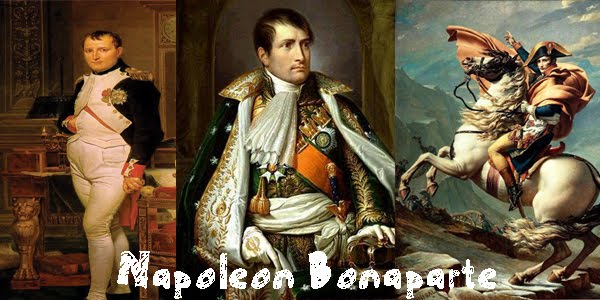
The Corsican Misadventure
Despite being posted on the French mainland, Napoleon was able to spend much of the next eight years in Corsica thanks to his ferocious letter writing and rule bending, as well as the effects of the French Revolution and sheer good luck. There he played an active part in political and military matters, initially supporting the Corsican rebel Pasquale Paoli, a former patron of Carlo Buonaparte. Military promotion also followed, but Napoleon became opposed to Paoli and when civil war erupted in 1793 the Buonapartes fled to France, where they adopted the French version of their name: Bonaparte. Historians have frequently used the Corsican affair as a microcosm of Napoleon's career.
Fluctuating Success
The French Revolution had decimated the republic's officer class and favoured individuals could achieve swift promotion, but Napoleon's fortunes rose and fell as one set of patrons came and went. By December 1793 Bonaparte was the hero of Toulon, a General and favourite of Augustin Robespierre; shortly after the wheel of revolution turned and Napoleon was arrested for treason. Tremendous political 'flexibility' saved him and the patronage of Vicomte Paul de Baras, soon to be one of France's three 'Directors', followed.
Napoleon became a hero again in 1795, defending the government from angry counter-revolutionary forces; Baras rewarded Napoleon by promoting him to high military office, a position with access to the political spine of France. Bonaparte swiftly grew into one of the country's most respected military authorities - largely by never keeping his opinions to himself - and he married Josephine de Beauharnais. Commentators have considered this an unusual match ever since.

No hay comentarios:
Publicar un comentario